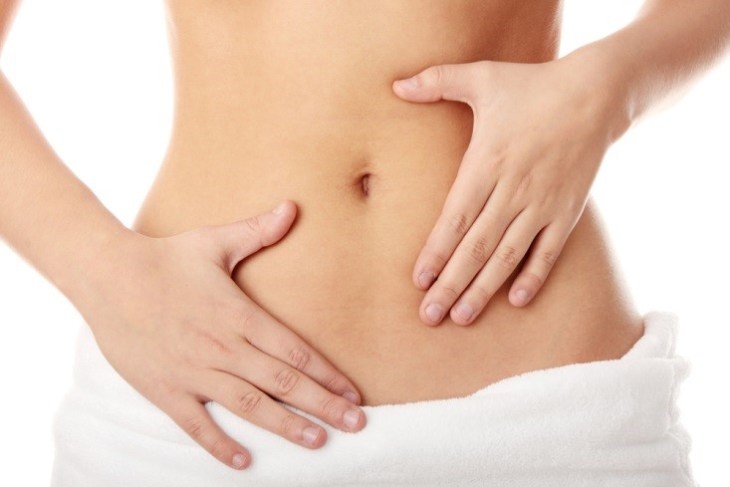Spotting is light vaginal bleeding that occurs between periods. There are a lot of factors that can cause spotting. Some of them don’t manifest any serious danger while others can lead to severe complications. In this article, we have gathered seven common causes of spotting you should know about.

1. Hormonal contraception
Some birth control pills, injections, implants, and other types of hormonal contraceptives can cause bleeding between periods. Spotting can happen when you start using hormonal birth control, skip pills, take the wrong birth control pill, change the type or dose of your birth control, or use birth control for an extended period of time. If your symptoms don’t disappear or worsen, make an appointment with a gynecologist. In this case, you may need to change the type of contraception to get rid of the unpleasant symptoms.
2. Ovulation
Many women experience light vaginal bleeding during ovulation. This stotting occurs because your body undergoes rapid hormonal changes that can lead to bleeding. Spotting during ovulation is not usually dangerous if it lasts for one or two days and is not accompanied by severe pain or other symptoms.
3. Pregnancy
When a fertilized egg attaches to the inner lining of the uterus (the endometrium), it can start to bleed a little. This implantation bleeding is deemed completely normal. It can be accompanied by nausea, mood changes, light cramps in the pelvic area, fatigue, and headache. However, if you experience heavy vaginal bleeding that is not linked to periods, it is still better to contact a gynecologist.
4. Sexually transmitted infections
Sexually transmitted infections often cause spotting between periods that are accompanied by:
- Abnormal vaginal discharge with an unpleasant odor
- Pain and burning sensations during urination
- Vaginal itching
- Sores, rashes, and bumps on the genital area
- Pelvic pain
If you have noticed at least some of the aforementioned symptoms, you should visit a gynecologist and undergo STD testing as soon as possible. It is essential to understand that untreated STIs can lead to the development of pelvic inflammatory disease that can have severe symptoms and complications.
5. Fibroids and polyps
Fibroids are non-cancerous tumors that occur on the uterine walls. Polyps are growths that can develop on the uterine walls or cervix. If you have polyps or fibroids near the cervix, they can bleed spontaneously or during sex. In addition, they can cause pelvic pain, lower back pain, pain during sex, and even problems with conception. That’s why it is recommended to remove fibroids and polyps.
6. Polycystic ovary syndrome
Polycystic ovary syndrome (PCOS) is a condition in which a woman’s ovaries or adrenal glands produce too many male hormones. Symptoms of PCOS include:
- Irregular or missed periods
- Cysts on the ovaries
- Infertility
- Vaginal bleeding between periods
- Acne
- Hirsutism (increased facial and body hair)
- Weight gain
- Pelvic pain
Even though there is no cure for PCOS, there are certain treatment options that can manage your symptoms and even increase your chances to get pregnant.
7. Cervical cancer
Cervical cancer is a condition that occurs when the cervical cells change and overgrow. Most cases of cervical cancer are caused by human papillomavirus that can be transmitted through unprotected sex and skin-to-skin contact. The main problem is that cervical cancer usually doesn’t cause symptoms but women with this condition can experience spotting, heavy periods, pain during sex, abnormal vaginal discharge, and pelvic pain.
The bottom line
Even though spotting doesn’t seem an alarming symptom, it can be caused by serious health issues. That’s why it is better to undergo a gynecological check-up if you have noticed regular vaginal bleeding between periods. Timely and proper treatment can help improve your symptoms and prevent the development of severe complications.






